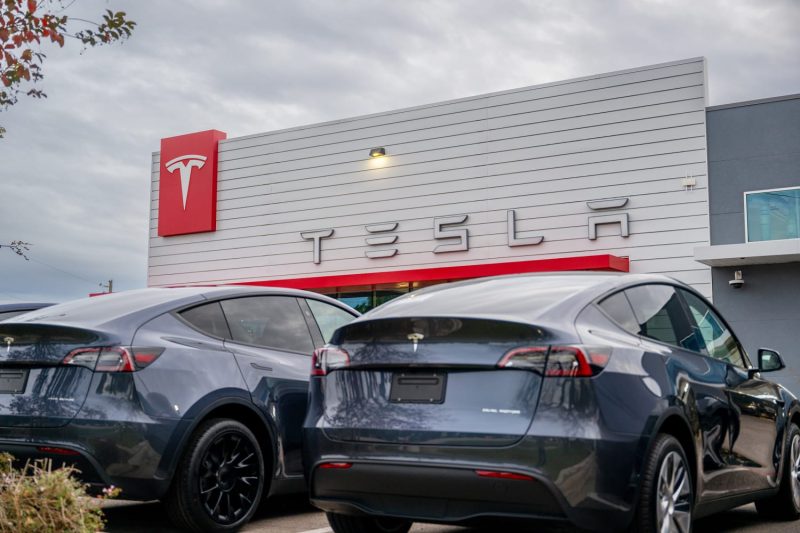
EU Surprises with Major Tariff Cuts on Chinese-Made Tesla EVs and More!
The European Union’s Decision to Reduce Tariffs on Chinese Made-Tesla EVs and Other Chinese Firms
The recent move by the European Union to slash planned tariffs on Chinese-made Tesla electric vehicles (EVs) and other Chinese firms has made significant waves in the global automotive industry. This decision marks a notable shift in trade policies and demonstrates the EU’s commitment to promoting sustainable mobility and fostering closer ties with China.
The reduction in tariffs comes in the wake of growing efforts to accelerate the transition towards electric mobility and reduce greenhouse gas emissions. As countries around the world strive to meet ambitious climate targets, incentivizing the adoption of electric vehicles has become a key priority. By lowering tariffs on Chinese-made EVs, the EU aims to make these vehicles more accessible and appealing to consumers, thereby facilitating the uptake of cleaner transportation options.
Furthermore, the decision to slash tariffs on Chinese-made Teslas and other electric vehicles reflects the EU’s recognition of China’s leading role in the electric vehicle market. China has emerged as a global powerhouse in the production and deployment of EVs, with domestic manufacturers like NIO, BYD, and Xpeng gaining international recognition for their innovative vehicles. By reducing barriers to trade with Chinese firms, the EU is not only tapping into China’s expertise in electric mobility but also strengthening economic cooperation between the two regions.
The tariff reduction is also a strategic move to bolster the competitiveness of European automakers in the rapidly evolving electric vehicle market. By providing European consumers with more affordable options, the EU aims to stimulate demand for electric vehicles and support the growth of domestic manufacturers. This, in turn, will drive innovation and investment in sustainable mobility within the EU, positioning the region as a leader in the transition to electric transportation.
Nevertheless, the decision to lower tariffs on Chinese-made EVs has raised concerns among some European automakers, who fear increased competition from Chinese manufacturers. While the move is intended to benefit consumers and advance sustainability goals, European companies must adapt to the changing market dynamics and enhance their competitiveness in the electric vehicle sector. By leveraging their expertise in design, technology, and manufacturing, European automakers can differentiate themselves in the market and maintain a strong presence alongside Chinese rivals.
In conclusion, the European Union’s decision to reduce tariffs on Chinese-made Tesla EVs and other Chinese firms represents a pivotal moment in the global automotive industry. This move underscores the EU’s commitment to promoting sustainable mobility, fostering economic cooperation with China, and driving innovation in the electric vehicle market. As the transition towards electric mobility gains momentum, collaboration between regions and manufacturers will be essential to shaping a more sustainable and connected future for transportation.
